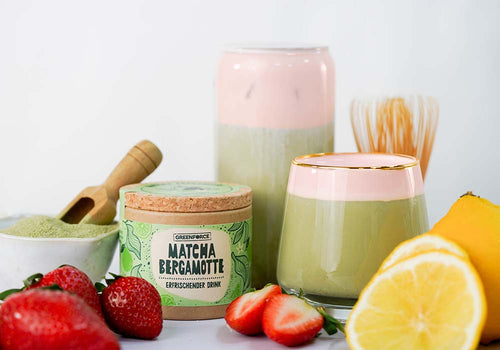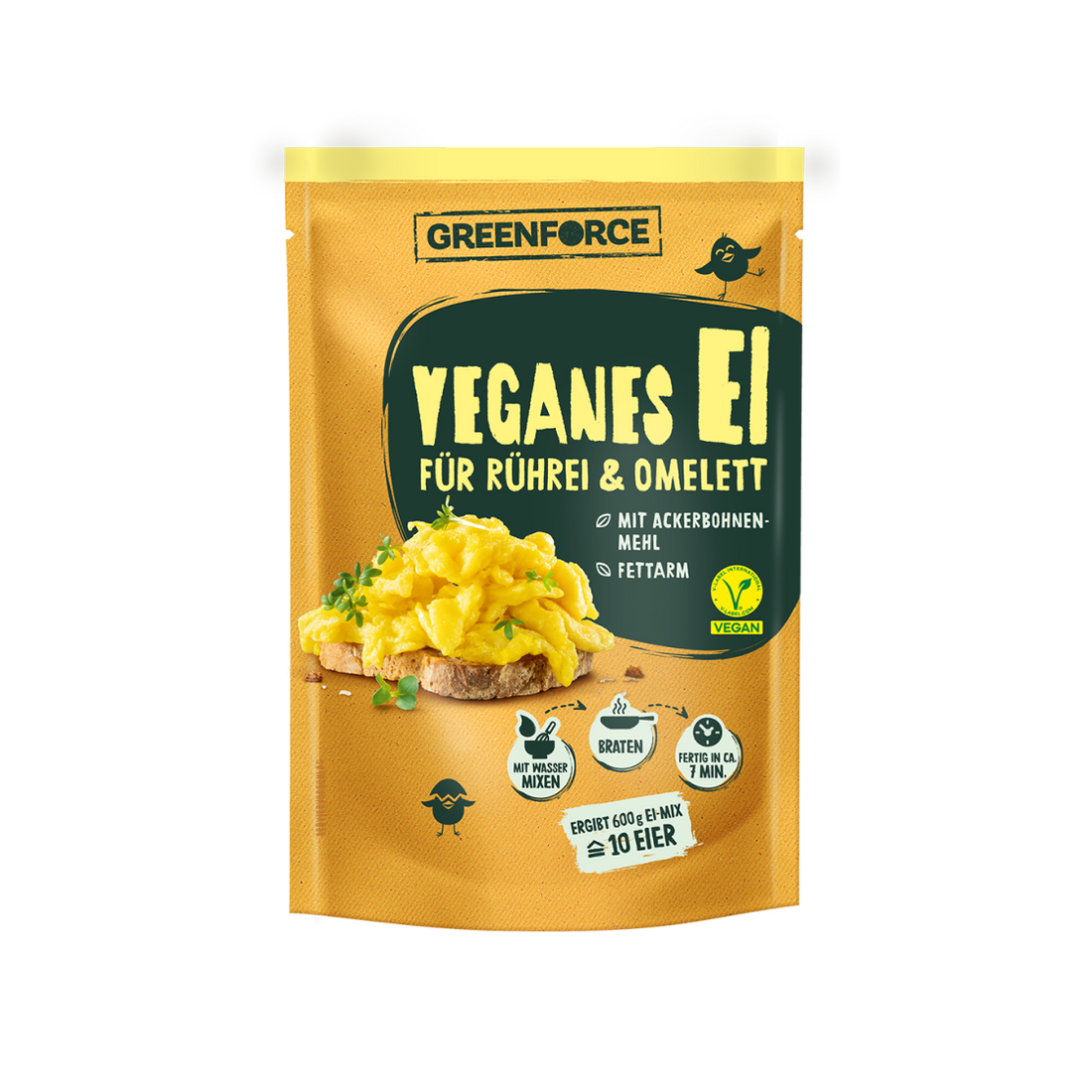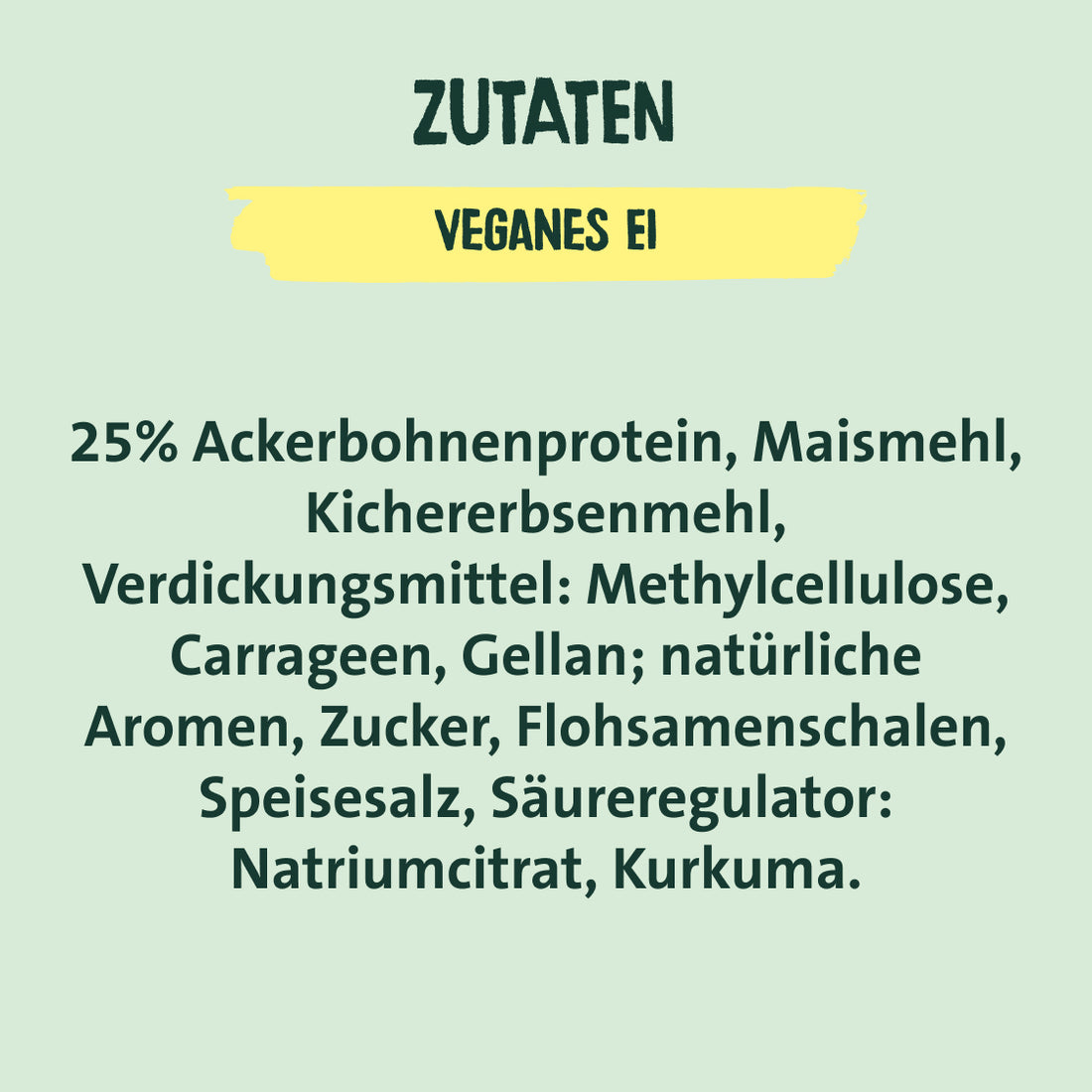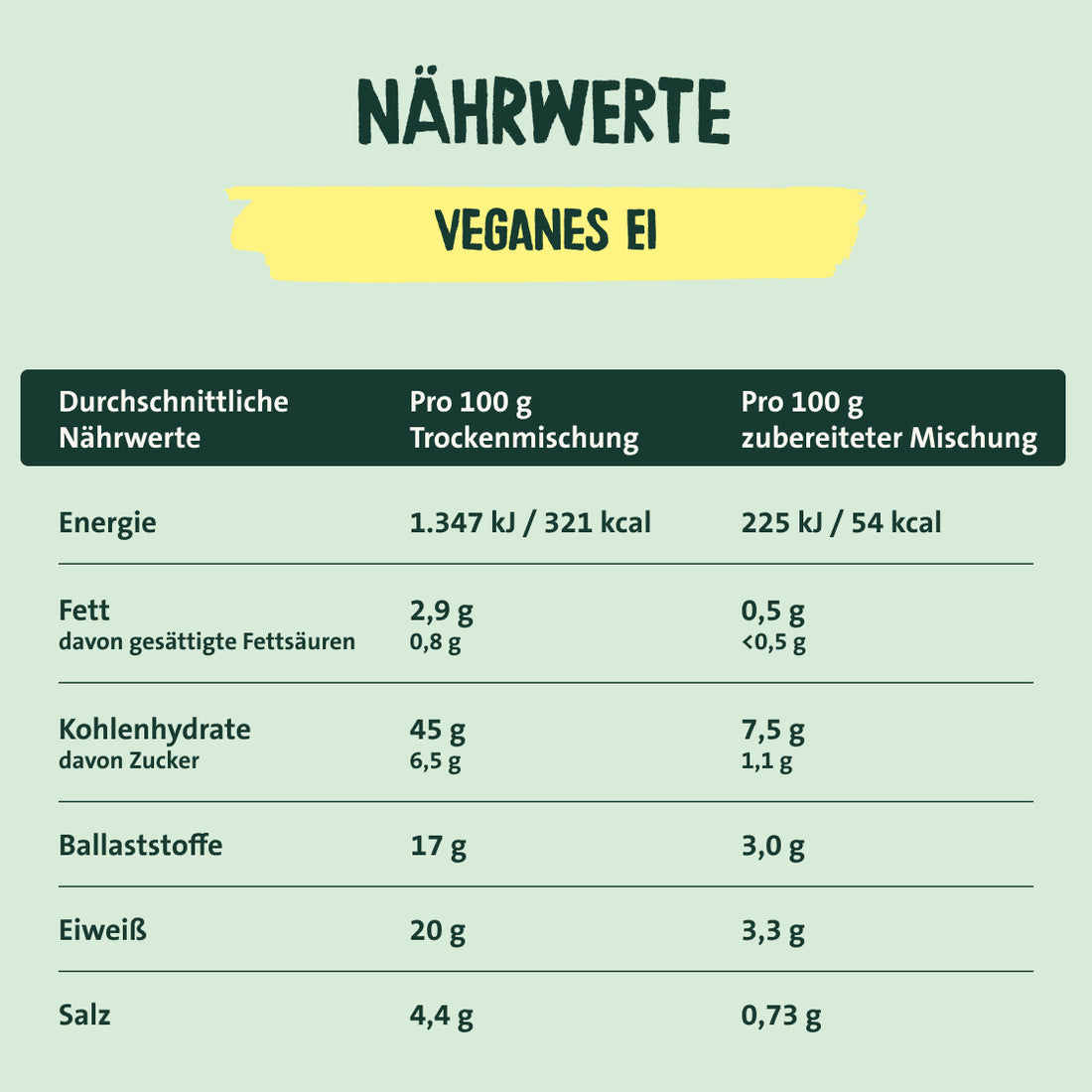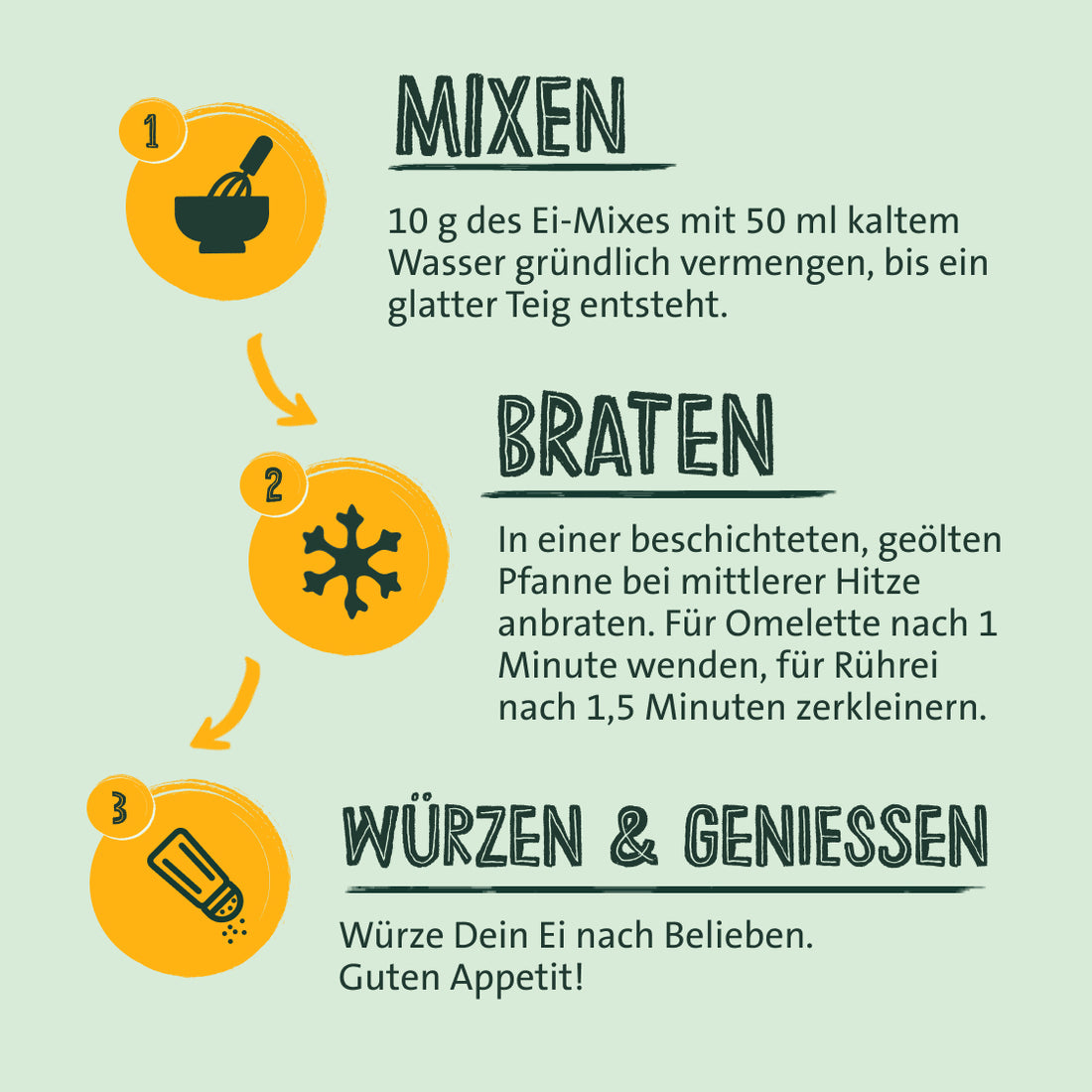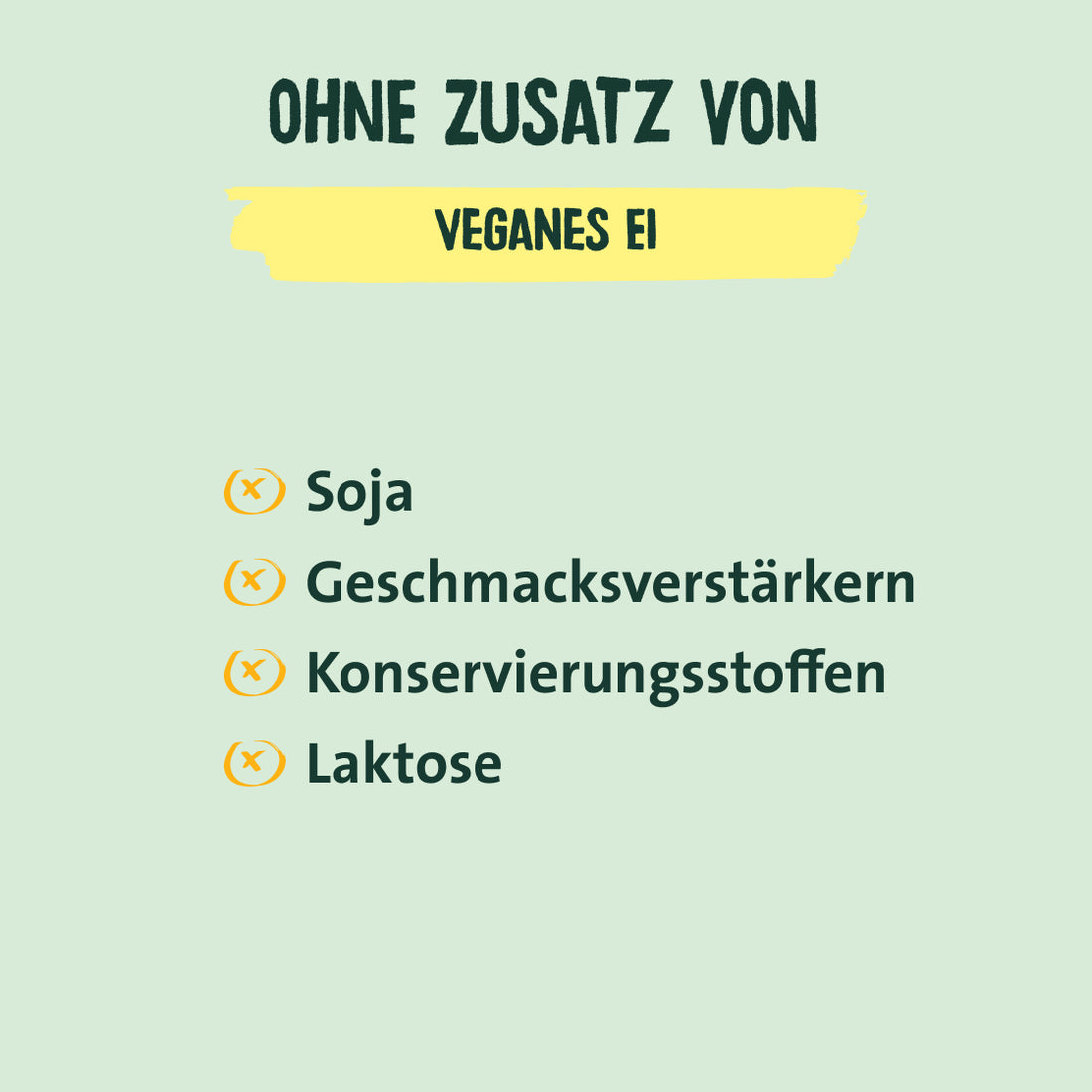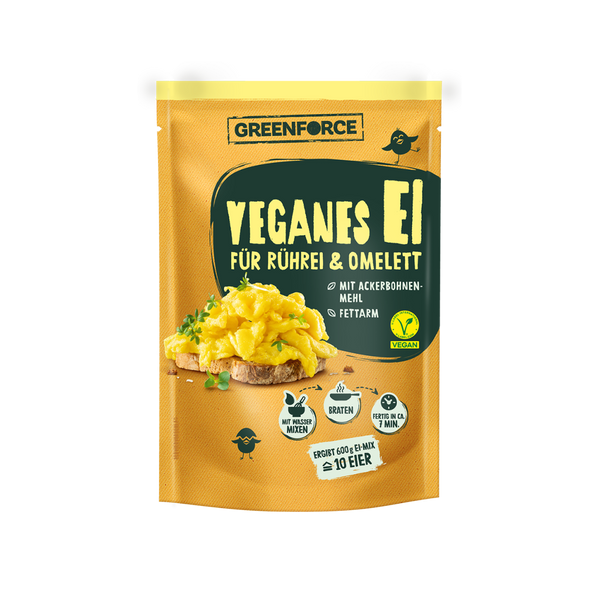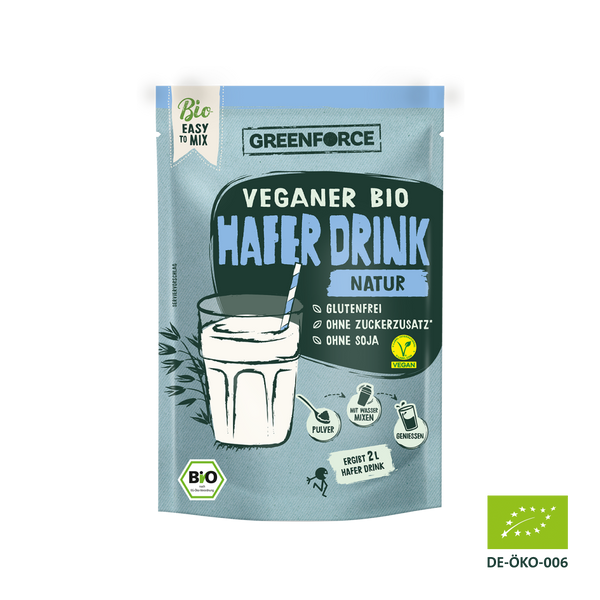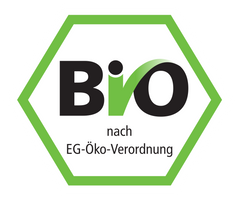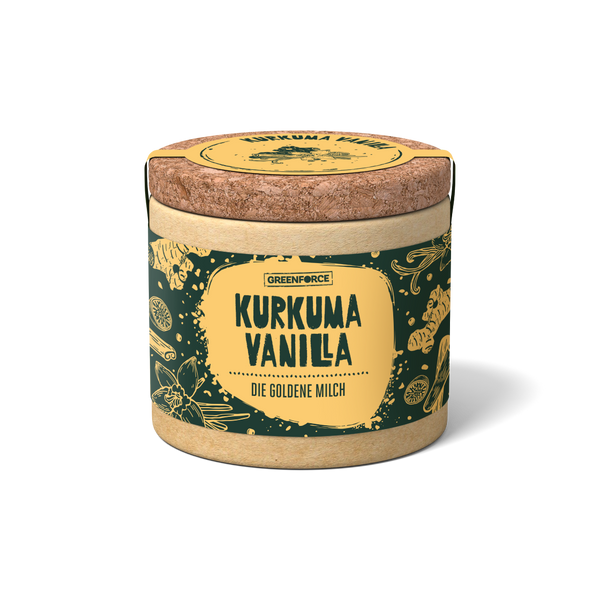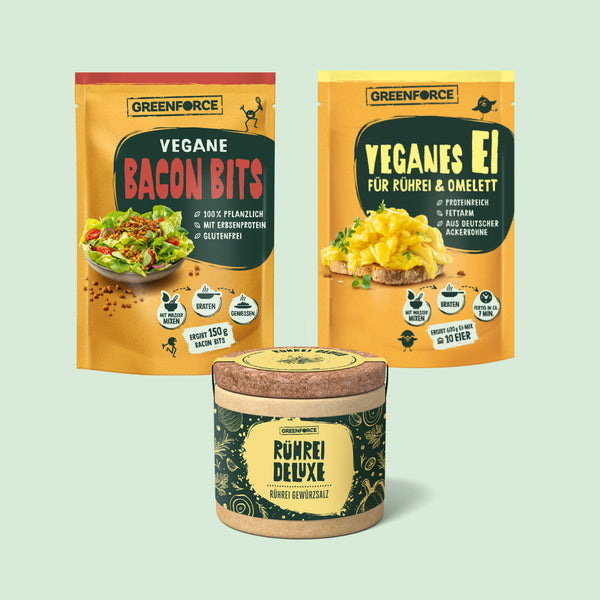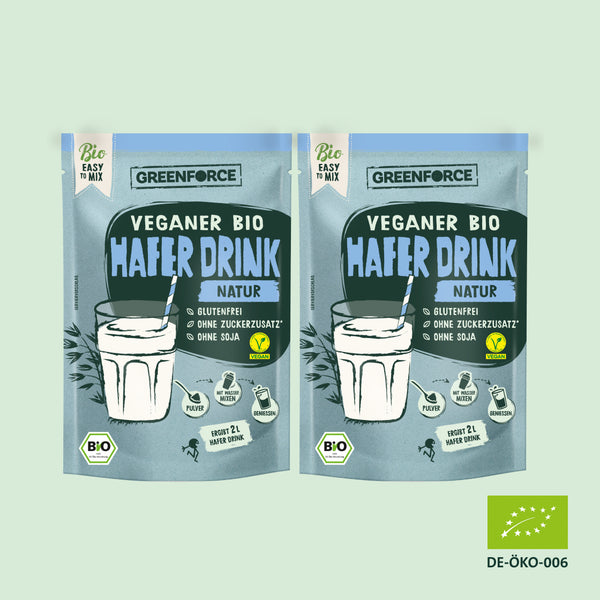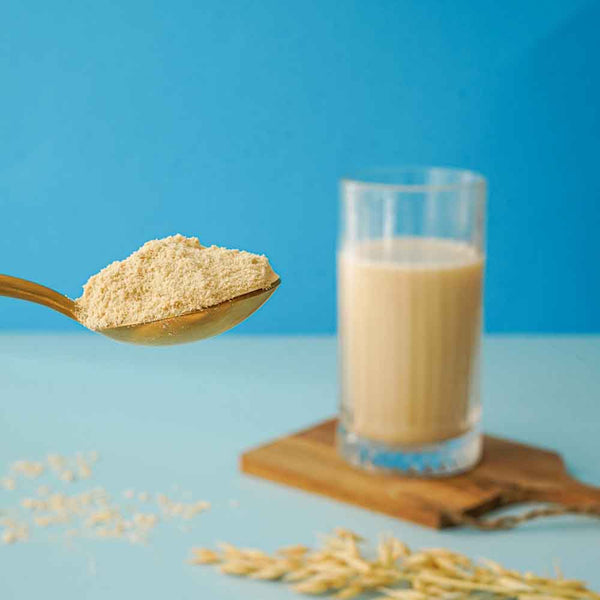Protein allergy - what you should know about it
Theresa Aicher
02/05/23
Reading time: 8 minutes
If you suffer from a protein allergy, you will need to change your diet. It is most commonly triggered by milk protein or chicken protein.
To avoid discomfort and serious symptoms, these two protein sources should not play a role in your diet. Herbal products are an excellent substitute for this.
What is a protein allergy?
In practice, there is no typical protein allergy . People can have allergic reactions to different proteins. For example, allergic reactions to animal hair and various foods are also protein allergies.
However, such an allergy is most often triggered by milk and chicken protein . It mainly occurs in younger children and often disappears after a few years. However, adults can also be affected.

What happens to the body when an allergy occurs?
In the case of a protein allergy, the body classifies certain proteins or protein components as enemies and produces antibodies against them . He reacts to contact with these allergens with various symptoms. In the worst case, the allergy triggers can cause a potentially life-threatening allergic shock.
If you suffer from an allergy to milk or chicken protein , your body actively defends itself against the allergy-triggering substances. In everyday life it is difficult to distinguish it from protein intolerance.
This simply means that you have difficulty tolerating certain food proteins. An allergy test will clarify this , with which the doctor examines your reaction to various potential allergy triggers.
What are the symptoms of allergic reactions to protein?
Protein allergies can manifest themselves through different symptoms - from mild digestive problems to skin irritations to shock reactions.
Possible symptoms of an allergic reaction to protein include :
- Gastrointestinal complaints such as diarrhea, flatulence or constipation
- an unpleasant pressure in the upper abdomen
- allergic rhinitis
- allergic asthma
- Eczema, pimples, pustules and other skin conditions
- Circulatory problems
- anaphylactic shock
- in infants and small children: colic and
- Refusal to eat
In contrast to an allergy , protein intolerance is only noticeable through digestive problems.
Classic allergic symptoms such as respiratory, skin or circulatory reactions do not play a role.

Allergy to protein or lactose intolerance?
If you suffer from gastrointestinal symptoms, especially after consuming dairy products , you should think that the cause is not just an allergy, but lactose intolerance. This is the most common food intolerance worldwide.
Those affected lack the enzyme lactase , which is necessary for the breakdown of milk sugar. The sugar therefore enters the intestine undigested and is converted into lactic and acetic acid as well as intestinal gases.
The body reacts to this with nausea, malaise, flatulence and other gastrointestinal complaints , but also with non-specific disorders such as headaches or fatigue.
According to medical statistics, around 0.2 percent of the European population suffers from real allergies to protein .
Different forms of protein allergies
Various substances can trigger allergies to protein . Differences between milk and chicken protein allergies are particularly important here.
Milk protein allergy
Milk protein allergies are primarily triggered by cow's milk. The most important cow's milk allergens are casein and two whey proteins called alpha-lactalbumin and beta-lactoglobulin.
Casein is the protein portion of milk that is used to produce cheese and does not form in the whey. Some people have a casein intolerance and react to the casein. Other sufferers also show allergic reactions when consuming whey or products made from it.
Casein is heat-resistant and is not destroyed by cooking. If you are only allergic to whey proteins, there is a chance that you will tolerate products made from heated milk well . This also includes, for example, ultra-high temperature UHT milk.
Important for moms : In rare cases, babies also have an allergic reaction to breast milk. They then react to cow's milk protein that the mother consumes with her food. The symptoms disappear quickly if she avoids cow's milk products while breastfeeding.
Milk protein in foods
If you have a milk protein allergy , you may have to avoid cow's milk and products made from it completely.
These include :
- Milk,
- Cheese,
- Yogurt,
- Quark and
- Milk chocolate.
When it comes to butter or cream, you can try it out to see if it works for you. Many people with milk protein allergies can tolerate both well. Both dairy products consist primarily of fat . Their protein content, on the other hand, is very low.

Chicken protein allergy
The main triggers for egg protein allergies are the proteins ovomucoid and ovalbumin . They are mainly found in egg whites. Nevertheless, if you have this allergy, you should avoid eating egg yolks.
If you are allergic to ovomucoid, you cannot eat raw or cooked eggs. This allergen is heat-resistant and takes effect even after cooking, frying or baking . Ovalbumin, on the other hand, breaks down under higher heat.
Chicken protein - widely used as an ingredient and food additive
Just like milk protein allergies, allergies to chicken protein cannot be cured. All you can do is avoid the allergen. It's not just about avoiding eggs, but also foods that contain chicken protein as an additive.
Chicken protein is added to numerous foods . Some foods containing egg are generally declared as egg products.
For other products, the following information about egg as an ingredient can be found on the packaging:
- Egg powder
- Egg oil
- Egg protein
- Frozen or dried egg (egg white or yolk)
- Liquid egg or liquid protein.
Even less processed foods such as baked goods, pasta, ice cream and mayonnaise contain eggs and are taboo for allergy sufferers .
Stabilizers, emulsifiers and lecithin (E 322) are also made from eggs. If you have a chicken protein allergy, you also need to avoid foods with these additives .
Chicken protein allergy and vaccines
Chicken eggs are often used to produce vaccines. If you or your child suffers from a chicken protein allergy, it is important that your doctor knows this before vaccination in order to avoid complications . In this case, it is considered whether a vaccination is possible or involves too high a risk.
Substitutes for cow's milk and chicken protein
If you are only allergic to whey protein, you can easily consume milk from goats, sheep or mares. The reason is that the structure of their whey proteins is different from cow's milk . However, doctors recommend that if you have a milk protein allergy, you should generally avoid animal milk, at least initially.
If you have a chicken protein allergy, you can try out whether you can tolerate eggs from quails, ducks or geese without an allergic reaction . You can process them the same way you would chicken eggs.
In terms of taste, quail eggs are closest to chicken eggs. However, you should have an allergy test carried out in advance to rule out allergic reactions to the protein of other animal eggs.

Plant-based alternatives - an optimal choice
The best alternatives to products made from cow's milk, other types of animal milk and chicken eggs are vegan products . They are now available in a very large selection in stationary stores and also in online shops.
Plant-based milk substitutes are made, for example, from oats and other grains, soy, coconut, nuts or almonds. Relatively new on the market are milk and milk products made from peas and lupins.
To find out the flavor that suits you best, you should try different plant-based milk products . From an ecological point of view, products whose ingredients come from regional cultivation are particularly recommended. However, if you have a milk protein allergy, soy milk can also be problematic, as many people affected cannot tolerate it either.
Egg substitutes are also produced from different plant species . You can produce the vegan alternative yourself using, for example, tofu (soy), lupine flour, chickpeas or chia seeds.
Vegan eggs as a finished product are also available in different variations and with different vegetable raw materials . For Greenforce , for example, it is made from broad beans. You can cook with it, bake or enjoy the vegan egg substitute as scrambled eggs or omelettes.
You don't have to worry about a protein allergy when using plant-based foods , as the structures of animal and plant proteins are not identical.


